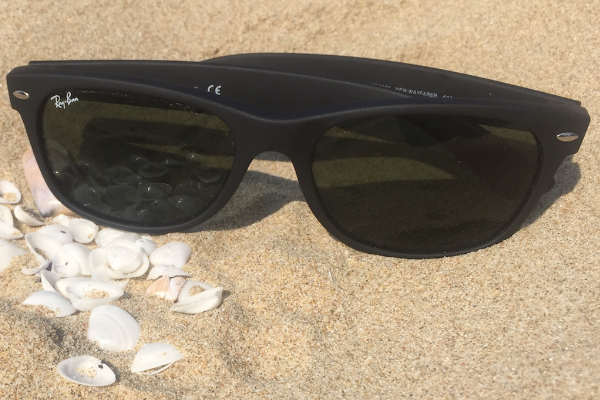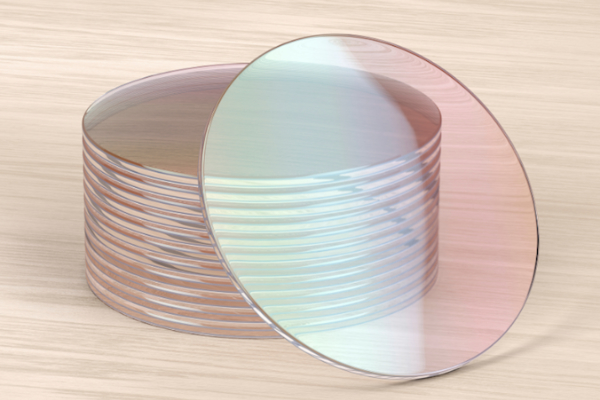The Optical Factor prides itself on the expert advice we give on lenses for your frame and prescription. A little bit of time spent on discussing these options can make a big difference to how your spectacles look and feel.
The simplest form of spectacle lens you can get is single vision. Single vision lenses correct your vision at all distances and are most commonly used by those under the age of 40. Our frames are priced including lenses but if you are using your own frame then single vision lenses start at £25 (a glazing charge may apply).
The other two types of lenses are bifocal and varifocal. A bifocal lens has two discrete areas: the top half of the lends is for distance vision while the lower segment is for reading.
In a varifocal lens the surface is continuous – to look at the lens there is no obvious change of prescription – to look through the lens the prescription changes from distance to reading through a transition zone set in line with your pupils. This is a cosmetically better lens.
There are different grades of varifocal lens – and we will discuss with you which suits your visual requirements.
The appearance of your spectacles can be greatly enhanced by choosing a hi-index lens. This is one that is made of a denser material so the lens does not have to be as thick to get the same prescription.
Hi-index lenses can reduce the edge of thickness or the bulbous appearance of higher prescriptions.





